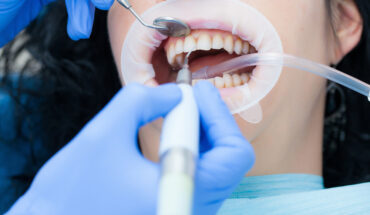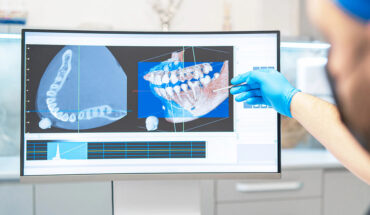
Safety is a significant factor in the medical field. Industry regulators seek ways to mitigate the risks of bad practices that put a patient at risk of infections or other complications. The authorities will require players in the industry to comply with the regulations. Failure to comply can lead to business closure and prosecution in a court of law. Antimicrobial stewardship is a practice in the dental field to ensure clinics adhere to safety and improve service delivery. It is a must for businesses to follow the regulations to get certifications and operating licences.
What is Antimicrobial Stewardship?
Antimicrobial stewardship aims to enhance the safety of dental procedures. At the same time, avoid overprescribing microbial to patients. It factors in the dosage, intake mode and period to promote safe practices in the industry. At the same time, the government seeks to reduce the number of overprescribing cases and ensure patients get the best care they need. However, the initiative will not be effective if the medical practitioners are not on board. Therefore, dentists have a significant role to play if we achieve the objectives.
The Role of Dentists
Before implementing an antimicrobial stewardship program, consider the practitioners in the clinic and the workflow. The clinic management should have a plan and policies to guide implementation. Still, dentists must commit to the best practices in their antimicrobial prescriptions. Here are ways a dentist can minimize the risks of overprescribing;
Continuous Training
Regular training for dentists is essential to improve their skills and teach them more about their practice. The practitioners can undergo education on antimicrobial prescriptions. It helps them know the correct dosage, administration technique, and how long the patient will use it. Treatments like porcelain veneers usually require minimal sedation. The training covers everything about prescribing antimicrobial, including stewardship and pertinent issues regarding its administration. Still, they learn alternative ways to treat the infections, and antimicrobial is the last resort.
Understanding the different products in the market will improve the service delivery. In addition, a dentist can determine risks and advise the patient on how to take the treatment. AMS goes beyond administering the medication to educating the practitioners on handling the client’s needs. Practitioners can learn ways to ease dental fear and anxiety in patients.
Monitoring and Evaluation
No one is perfect, and dentists need to monitor their prescriptions frequently. The initiative will help improve the dentist’s practice by referring to the standard guidelines. An integrated system helps get the information about patients. It is a way to evaluate them to improve their prescribing.
Patient Awareness
It is vital to create media to help the patient be aware of antimicrobial administration. Videos, posters and pamphlets are practical tools for educating clients. Patients can learn about the practice in the waiting room. Apart from giving the information, you can have a specialist engage with the clients. A dentist can answer the patient’s questions since they want to know more about the information they get from various mediums. It helps them stay safe and will improve the treatment.
Conclusion
Antimicrobial stewardship requires constant monitoring to achieve its objectives. It will help dentists know if their treatment is effective.




